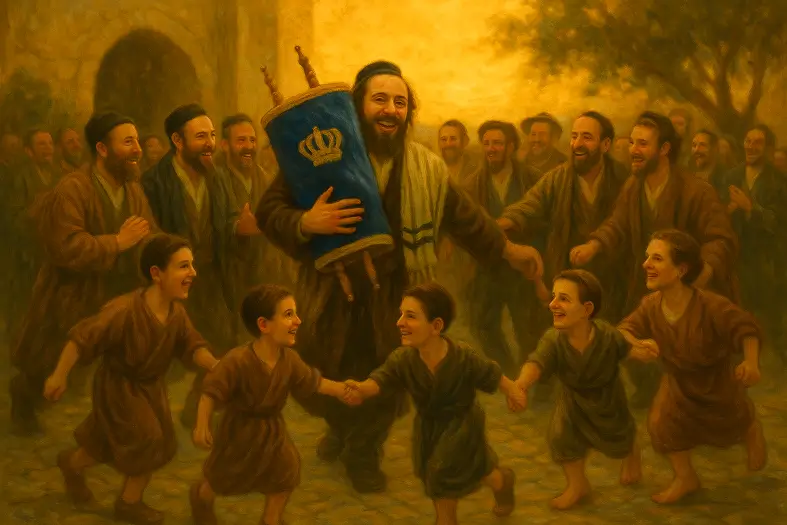


We are commanded to love Hashem with all our being — heart, soul, and resources.
This mitzvah commands cultivating deep love for Hashem. Rambam (Sefer HaMitzvot, Positive Commandment 3; Hilchot Yesodei HaTorah 2:1–2) explains that love grows through contemplating His works and wisdom until one longs to draw close to Him. Sefer HaChinuch (Mitzvah 418) writes that love motivates mitzvah observance with joy rather than burden.
The Talmud (Berachot 61b) interprets “with all your soul” as even if one must surrender life, and “with all your might” as with all one’s wealth. Rashi (Deut. 6:5) emphasizes wholehearted devotion in every aspect of life. Ramban expands this love as cleaving to Hashem, manifest in Torah study, mitzvot, and willingness to sanctify His Name. Midrash Sifrei explains that love for Hashem is demonstrated by speaking constantly of Him, influencing others to recognize His greatness.
Commentary & Classical Explanation:
Contrast with Fear of Hashem (Mitzvah 5):
Parallel to Shema (Mitzvah 76):
Daily Relationship, Not Abstraction
Countering Distraction with Devotion
Love Expressed Through Mitzvot
Relational Judaism
Resisting Cynicism and Coldness
Jewish Education and Inspiration
Love as Counterbalance to Fear


Used for mitzvot that reflect Judaism’s foundational principles—belief in G-d, reward and punishment, prophecy, Torah from Heaven, and more. These commandments shape the lens through which all others are understood.
Represents Emunah—the deep, inner trust in Hashem’s presence, oneness, and constant involvement in our lives. This badge symbolizes a heartfelt connection to G-d, rooted in belief even when we cannot see. It is the emotional and spiritual core of many mitzvot.
Reflects mitzvot rooted in love—of G‑d, others, and the world we are entrusted to uplift.
An exclusive badge for the Ten Commandments - עשרת הדיברות given at Sinai: to know and recognize G-d. These commandments form the foundation of all others and reflects the moment of direct Divine revelation.
Represents sanctifying G‑d’s Name—even to the point of self-sacrifice when necessary.
Represents the concept of spiritual intentionality, purity, and sanctity—set apart for a higher purpose.
Signifies awe and reverence toward Hashem—living with awareness of His greatness and presence.
Mitzvot that define and deepen the relationship between a person and their Creator. These include commandments involving belief, prayer, Shabbat, festivals, sacrifices, and personal holiness — expressions of devotion rooted in divine connection.

Dive into mitzvos, prayer, and Torah study—each section curated to help you learn, reflect, and live with intention. New insights are added regularly, creating an evolving space for spiritual growth.

Explore the 613 mitzvos and uncover the meaning behind each one. Discover practical ways to integrate them into your daily life with insights, sources, and guided reflection.

Learn the structure, depth, and spiritual intent behind Jewish prayer. Dive into morning blessings, Shema, Amidah, and more—with tools to enrich your daily connection.

Each week’s parsha offers timeless wisdom and modern relevance. Explore summaries, key themes, and mitzvah connections to deepen your understanding of the Torah cycle.